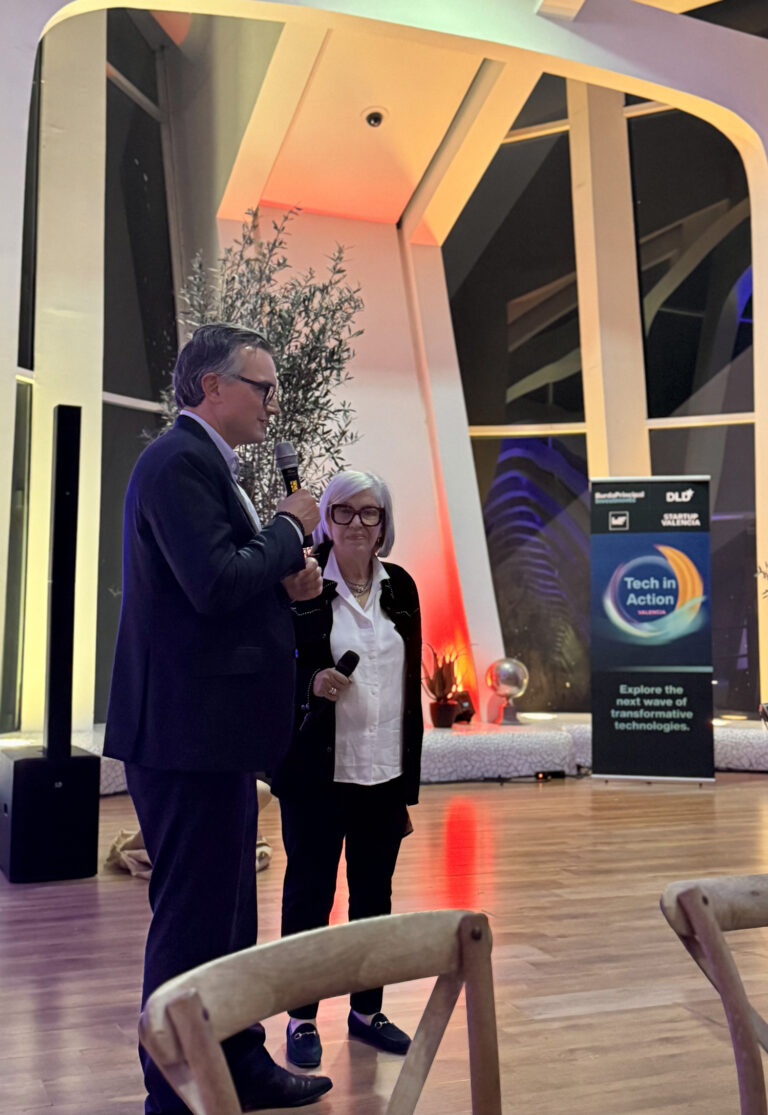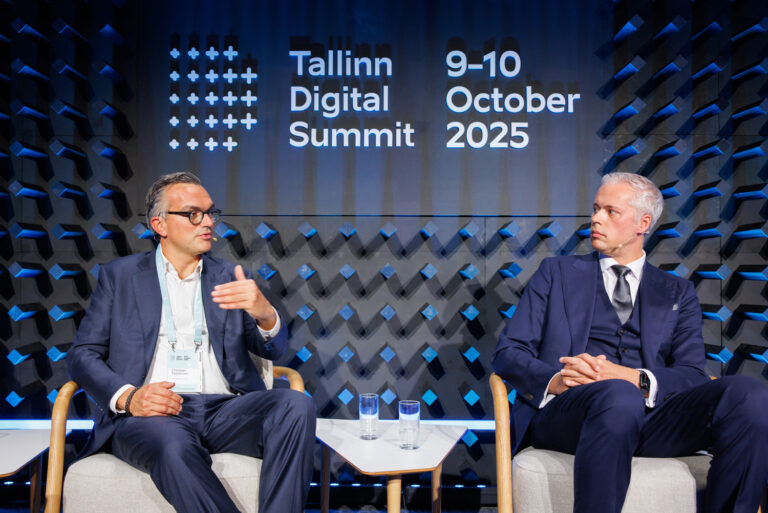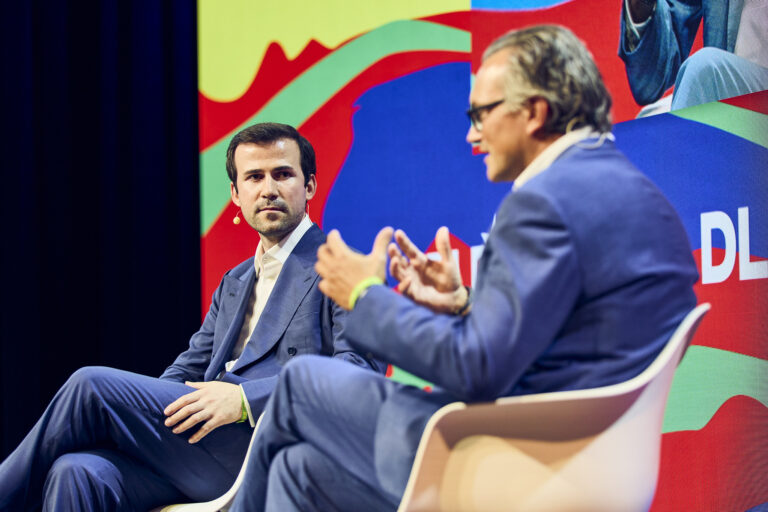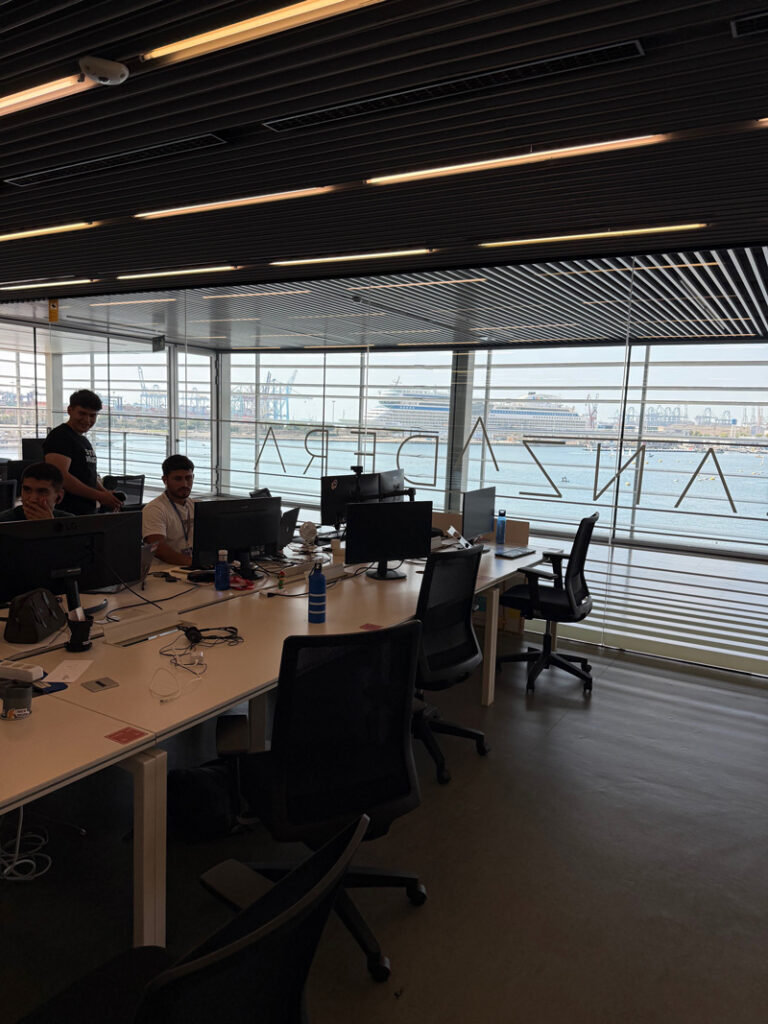Over the last four weeks, I spoke at DLD, Tallin and VDS about „Building AI for Europe“ with a key note and on panels and hosted another edition of our “Tech in Action” Dinner series together Steffi Czerny. I remain very bullish on Europe figuring out its way in the age of AI. Here are some of my key reasons:
1) Exceptional founders and talents with bold visions and ambitions
2) AI is the third big wave after the internet and the cloud. In the past, iterators and “late” movers have demonstrated that they can catch up or even win the race
3) New speed of innovation in AI allows companies to scale faster than ever before. It took ChatGPT two months to get to 100m users while Twitter needed 5 years and WhatsApp 3.5 years. The ARR index for AI outperforms the SaaS ARR index by 5x after 20 months
4) Europe has proven that it can build global champions. European businesses need to join forces already much earlier in their lifetime going through venture consolidation. We need more “Airbus“-type of initiatives to build bigger businesses much faster
5) Innovation in power management of chips will reduce the current disadvantage of Europe with regards to access to compute power substantially
VDS Keynote: https://docsend.com/view/au9jx3iscvyier4v













